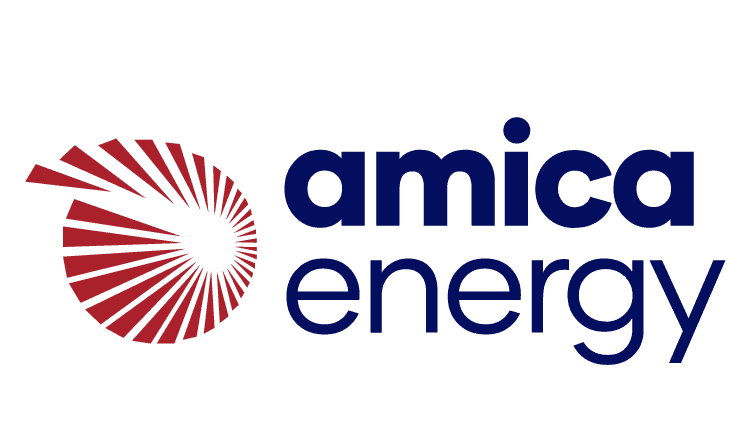
Introduction
Using solar power at home has grown in popularity. This is happening among homeowners due to rising energy bills and eco-awareness. Solar panels are a sustainable and renewable energy source. They also have long-term financial benefits. However, picking the best solar panels for your home can be hard. This is because of the wide range of options on the market. This guide aims to make things easier for you. It will compare the best brands, point out important factors, and offer helpful advice. This will help you make an informed choice.
Understanding Solar Panels: Types and Technologies
Solar panels are usually called photovoltaic (PV) panels. They use semiconductor materials, usually silicon, to turn sunlight into electricity. Solar panels come in two primary varieties:
1. Monocrystalline Solar Panels:
- Monocrystalline solar panels are distinguished by their high efficiency and elegant design. They are composed of single-crystal silicon.
- In comparison to other types of panels, they have a longer lifespan and perform well in low light.
- Despite costing more, they are effective and robust. This often outweighs the higher initial cost.
2. Polycrystalline Solar Panels:
- Polycrystalline panels are cheaper to make. They are made of many silicon crystals, unlike monocrystalline panels.
- They are not as efficient. But, they are still a good option for budget-conscious homeowners who want solar.
- The production process gives polycrystalline panels a blue speckled look. This makes them easy to identify.
Key Factors to Consider When Choosing Solar Panels
1. Efficiency and Performance
Efficiency: High-efficiency panels make more electricity per square meter. They do this by converting more sunlight into electricity.
Performance: Consider the panel’s temperature coefficient. It shows how well the panel works in hot conditions. In hotter areas, panels with lower temperature coefficients continue to operate more efficiently.
2. Durability and Longevity
Quality: Seek panels from reliable producers with strong warranties and track records.
Weather Resistance: Panels must be tough. They must endure bad weather. This includes wind, hail, and snow. For reliability, look for certifications such as UL and IEC.
3. Cost and Return on Investment (ROI)
Initial Cost: Consider initial costs. Also, factor in future energy bill savings and any incentives.
ROI: Find returns and payback times based on local energy prices. Consider incentives and installation costs.
4. Warranty and Support
Product Warranty: Most solar panels have a 10 to 12-year product warranty. They also have a 25-year performance warranty. Make sure the manufacturer provides trustworthy warranty assistance.
Installer Warranty: Find out if your solar installer warranties their installation and maintenance.
Comparing Top Solar Panel Brands
Consider customer reviews, warranty terms, and efficiency ratings. Use them to assess solar panel brands. Leading producers of solar panels with a reputation for excellence and functionality include:
- Longi Solar: Renowned for its ecological manufacturing processes and high-efficiency monocrystalline panels.
- JA Solar: JA Solar has competitive efficiency ratings. It provides a broad selection of monocrystalline and polycrystalline panels.
- Canadian Solar: Canadian Solar is well-known in the solar business. It is known for its dependable performance, long warranties, and global reach.
- Trina Solar: The modules are high-efficiency. They also have robust warranties. And, they have outstanding temperature coefficient ratings.
Practical Tips for Selecting Solar Panels
-
Assess Your Energy Needs
Calculate your average daily electricity use. Then, find the size of the solar system needed to power your home.
-
Get multiple quotes
Compare estimates from many solar companies. This will help you understand the price, equipment options, and installation services they offer.
-
Research Local Incentives
Check for rebates, tax credits, and financing in your area. They can decrease the initial cost of installing solar panels.
-
Read customer reviews
Ask past solar panel customers for feedback. Use it to learn how satisfied they are with the brand and installer they chose.
